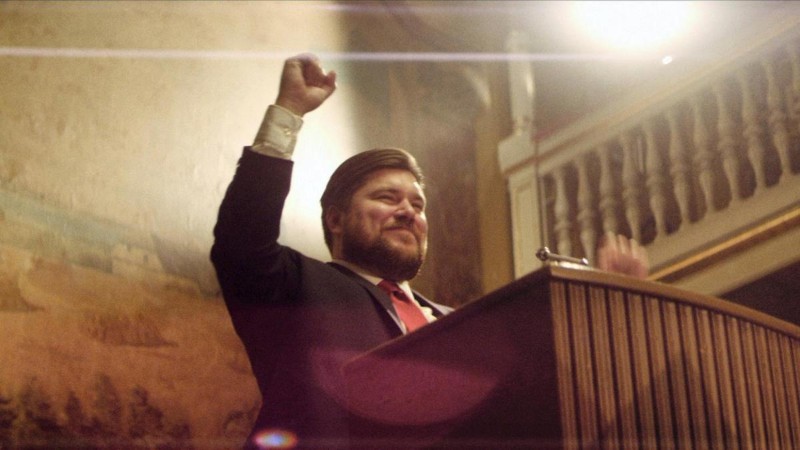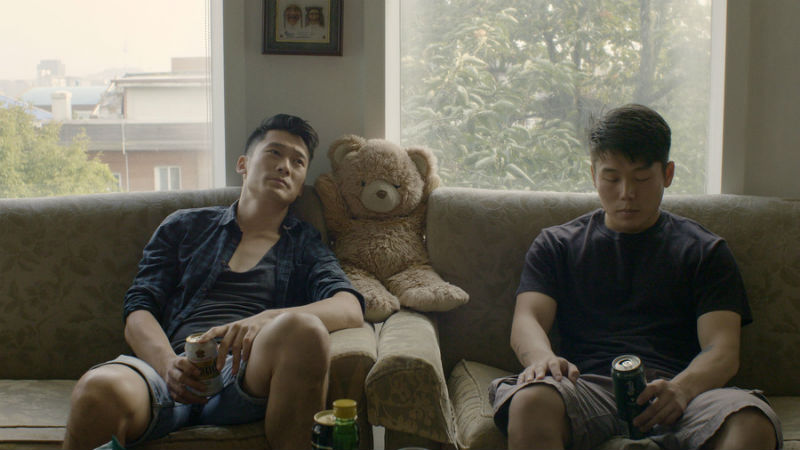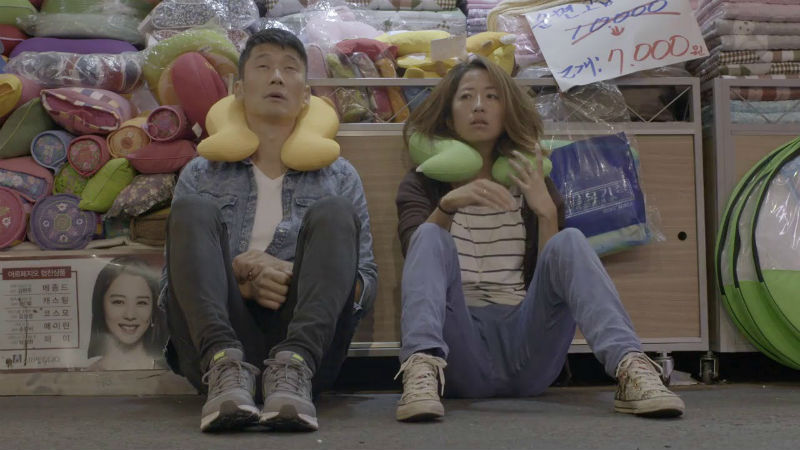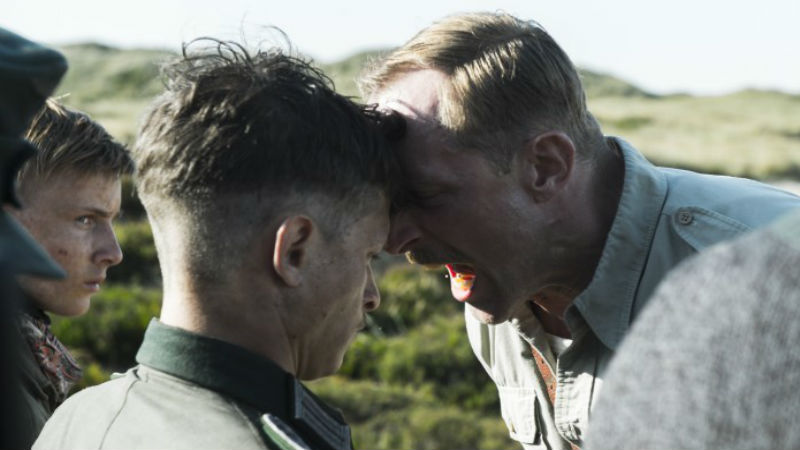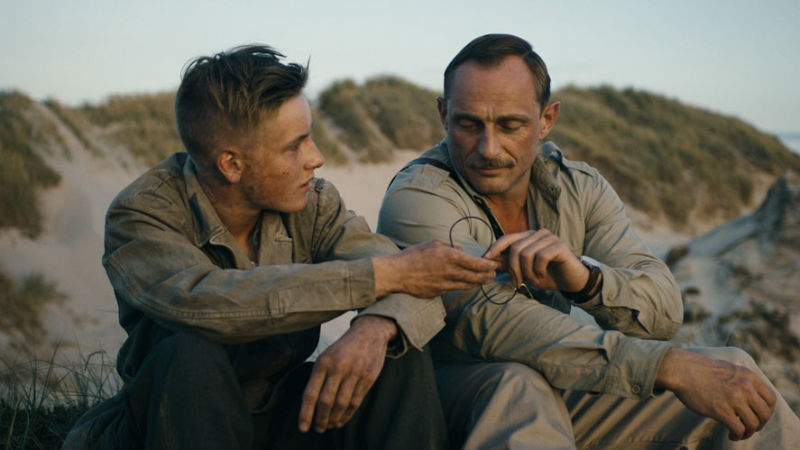QUICK SNAP: LIVE FROM THE TALLINN BLACK NIGHTS FILM FESTIVAL
Two outcasts join forces in order to set up a German restaurant in the fictional Midwestern town of Gutterbee, a shabby cowboy and white supremacist paradise. Mike McCold (Antony Starr) is a local who has just been released from the “slammer” (prison), and is now seeking redemption from his past crimes through an honest trade, while the German immigrant Edward Hofler (played by iconic Scottish actor Ewen Bremner, who does come across as über German) wants Americans to experience his culture, particularly his sausages and the Bavarian Schuhplattler (slap dance).
The two unlikely business partners have to contend with the highly xenophobic and flamboyantly named Jimmy Jerry Lee Jones Jr. (W. Earl Brown), a local singer, cowboy and petty gangster with a profound dislike for anything vaguely un-American. He has previously tortured and expelled a Chinese man called Chan from the community (with a helping hand from Mike, who ended taking the blame and the custodial sentence). He despises his son Hank because he believes that he’s a homosexual. Mike attempts to convince his former associate that the German restaurant may not be a bad idea after all. He’s nearly persuaded once Mike proposes a white Bavarian (sausage) should be made bigger and called a White American instead. The social satire is silly and puerile. Never caustic, stinging and dry.
The film is peppered with peculiar characters. They include Sheriff TV Brown, who is obsessed with a receding hairline, the enthusiastic cabaret/local joint owner Luke Kenneth Hosewall, and so on. There is also a pretty lady called Sue with a prosthetic leg (which Edward loves varnishing, alongside his furniture). She’s the only prominent female character, in this grotesquely white and masculine world. A film guaranteed not to pass the Bechdel test.
This is the second feature film by Ulrich Thomsen, after In Embryo (2016). Both films are set in the US. The 36-year-old actor-turned-director is neither American nor German, but Danish instead. He does, however, knows what it feels to be a foreigner in the Land of the Free, having previously worked as pizza delivery boy on American soil.
Gutterbee feels too long at just 107 minutes. That’s because the movie script, which was also penned by Thomsen, is highly convoluted. It tries too hard to extract humour from every single sequence, every single minute. And that gets tiring. Plus the story is broken down into incomprehensibly-titled chapters (I’m still not sure whether that was deliberate). The jokes about sausage are hackneyed and repetitive, while the references to German culture are too esoteric. There are multiple attempts at highbrow slapstick, such as in the slap dance, but it just comes out as infantile and not funny at all. At best, Gutterbee is a charming feelgood comedy, and it might occasionally make you smile. But it won’t make you burst out laughing.
Gutterbee just saw its world premieres at the Tallinn Black Nights Film Festival, as part of the event’s official Competition.









